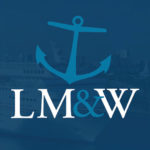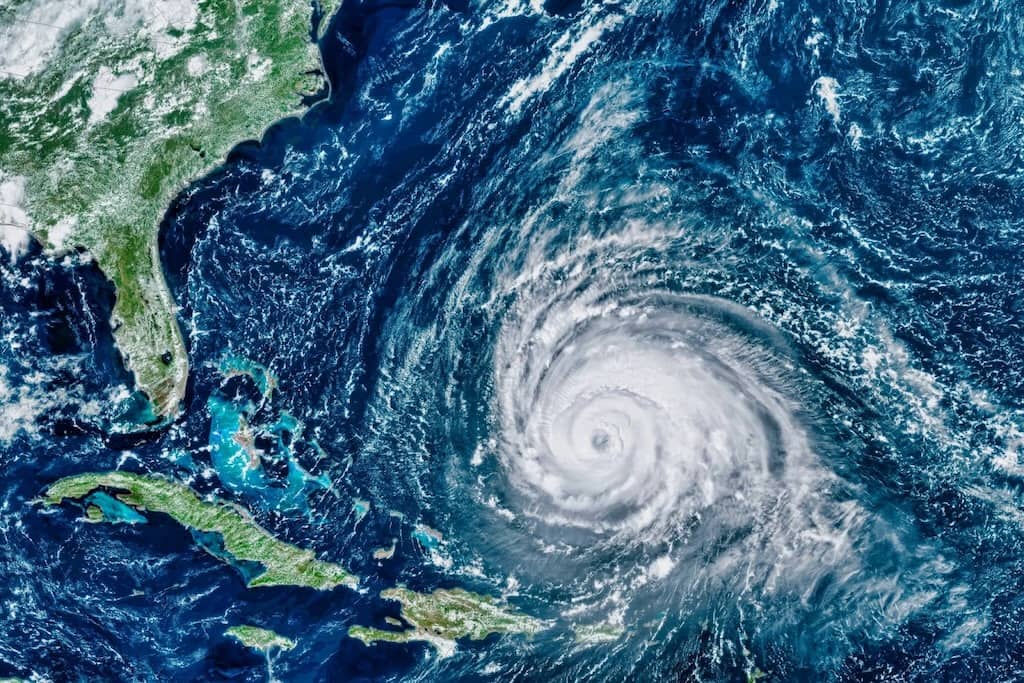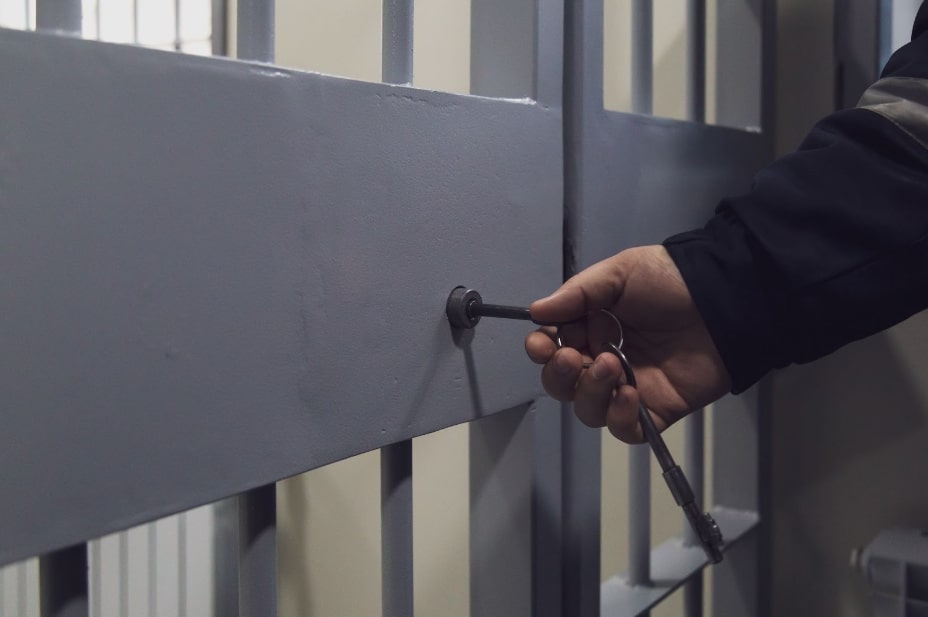
That is why we here at Lipcon, Margulies & Winkleman, P.A. are glad to share this news with our followers.
Cruise lines may be getting a little extra help soon with the development of a new Norovirus vaccine. Norovirus, also known as the stomach flu, causes thousands of cruise passengers to become barricaded in their cabins without being able to enjoy their vacations. The virus causes severe bouts of vomiting, diarrhea and stomach cramping and is highly contagious. If not treated properly and if victims do not remain well-hydrated, the virus may become life-threatening. The Centers for Disease Control and Prevention (CDC) estimates that of the 21 million people who become infected with Norovirus in the U.S. each year, roughly 800 die as a result of the illness. The chance that the virus will prove deadly is most common among children and the elderly.
Our cruise ship lawyers we have seen far too many cruise passengers suffer as a result of Norovirus and of the cruise industry’s failure to maintain an adequately sanitary environment of board their ship’s and terminals. Many times, Norovirus is transmitted to passengers via sick crew members who continue to work despite exhibiting symptoms of the stomach bug. This is a direct result of the demands placed upon them by their employers which often prevents them from being able to go to the vessels medical facility the minute something is not right and of the failure of the vessels medical staff to adequately diagnose, isolate and treat injured and sick crew and passengers.
On several occasions in the past Cruise lines have been criticized for their lack of proper virus containment, but that may all be coming to an end in the not to distant future if the innovative Norovirus vaccine proves effective.
The vaccine is still in its early stages of development but may be finished as early as the end of the year. It will then still be a while before it is approved and can be distributed, but if all goes well, it may save hundreds of lives and prevent thousands – if not millions – of cruise passengers from getting sick in the years to come.
Created by Takeda Pharmaceutical Co. in Japan, the vaccine will be the first of its kind to come this far in the development process and may offer protection against as many as 95 percent of the Norovirus strains. It was created using components of two Norovirus strains that scientists believe will be able to combat against most other strains.
Several studies on the effects of the vaccine on adults have been performed but the pharmaceutical company has yet to test its effects on children and the elderly.
Two other groups are also working on a similar vaccine: UMN Pharma Inc. in Japan and the University of Tampere in Finland. The groups are developing a vaccine called UMN-2003, which would offer protection against rotavirus, another bug that leads to gastroenteritis, especially common among infants and young children.
News of the vaccine couldn’t have come at a better time, as a new, stronger Norovirus strain is sweeping across the world from Australia to California. This strain, called GII.4 Sydney, was named after the city where it was first discovered. This particular strain of Norovirus was responsible for the worst outbreak of gastroenteritis in Australia in the past ten years and has been causing pain and suffering to cruise travelers for over a year now.
Many potential cruise guests are wary to board vessels for fear of Norovirus, especially those who have already come down with the terrible illness before. If this vaccine is approved, the apprehension suffered by these travelers may be decreased and may contribute to an increase in lagging cruise ticket sales.
We have yet to see whether the vaccine will even be approved, but for now, the best defense against contracting Norovirus on a cruise ship is to wash hands regularly and refrain from sharing utensils.
Hopefully the cruise industry will also increase its sanitation strategies and warnings to passengers starting at the booking of the cruise stage to better prevent and contain Norovirus and other illness outbreaks on cruise ships and provide better treatment to those who become ill onboard a vessel.
Published on June 26, 2013
Categories: Cruise Ship Law
Get Free
Consultation










